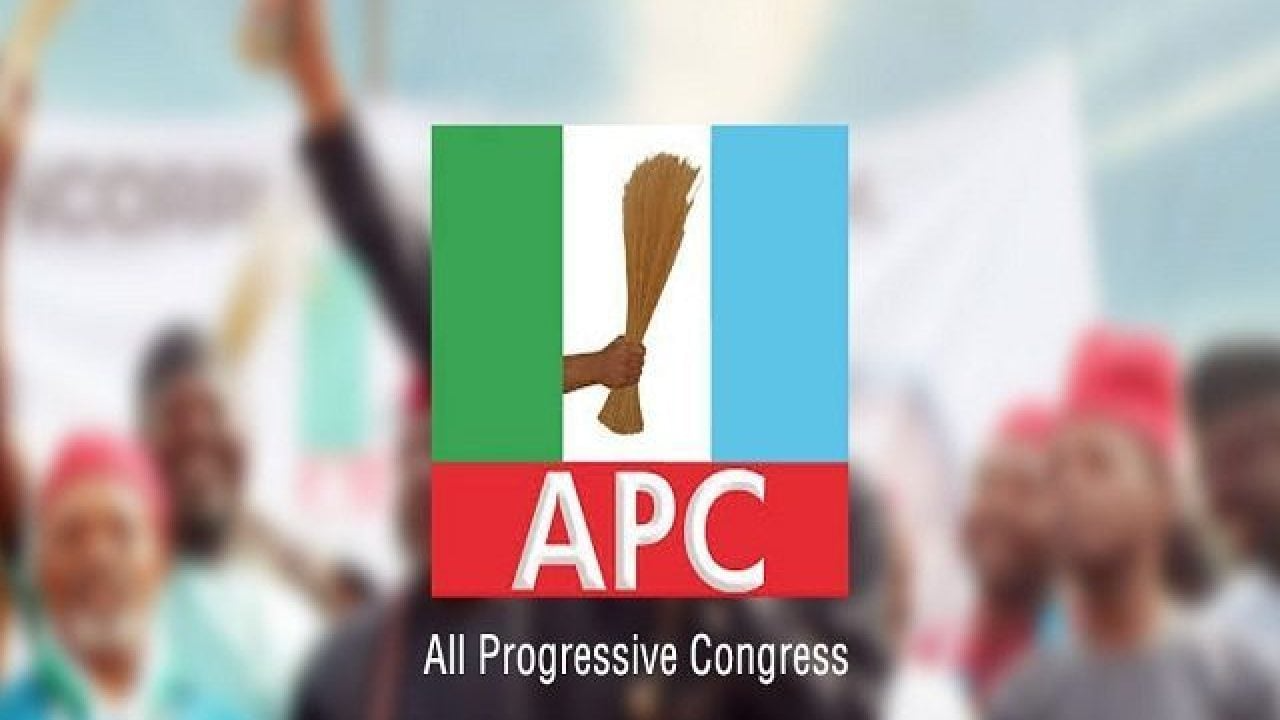The Nigeria Customs Service has announced the suspension of the 4% Free-on-Board charge on the value of imports.
This decision follows ongoing talks between the NCS, the Minister of Finance and Coordinating Minister of the Economy, Olawale Edun, and other key stakeholders.
The NCS National Public Relations Officer, Assistant Comptroller Abdullahi Maiwada, made this known in a statement on Tuesday.
He said, “The Nigeria Customs Service hereby announces the suspension of the implementation of 4% Free-on-Board (FOB) value on imports as provided in Section 18(1)(a) of the Nigeria Customs Service Act (NCSA) 2023. This is sequel to ongoing consultations with the Minister of Finance and other stakeholders.”
The suspension is aimed at allowing more time for thorough consultations and discussions on how best to implement the new Act.
According to the NCS, the suspension aligns with the end of its contract with service providers like Webb Fontaine, who were previously funded through the 1% Comprehensive Import Supervision Scheme. This provides an opportunity to review and improve the customs revenue framework.
Maiwada explained that the old funding system, which separated the 1% CISS and 7% cost of collection, created operational inefficiencies and financial gaps in the Service’s modernisation efforts.
However, the new Act seeks to address these issues by consolidating “not less than 4% of the Free-on-Board value of imports.” This is meant to ensure sustainable funding for key customs operations and modernisation projects.
“The transition period will allow the Service to optimise the management of these frameworks to better serve our stakeholders and the nation’s interests,” the statement said.
The NCS also highlighted that Section 28 of the NCSA 2023 allows the Service to improve its operations through technological innovations. This includes the development of electronic systems for sharing information with other government agencies and traders.
Maiwada added, “The Service is already implementing several digital solutions, including the recently deployed B’Odogwu clearance system, which stakeholders are benefiting from through faster clearance times and improved transparency.”
Other digital solutions in the pipeline include the Single Window system, risk management systems, non-intrusive inspection equipment, and electronic data exchange facilities.
The NCS assured that it remains committed to engaging stakeholders and implementing the Act in a way that supports revenue generation and smooth trade processes.
“We will communicate the revised implementation timeline following the conclusion of stakeholder consultations,” Maiwada said.











